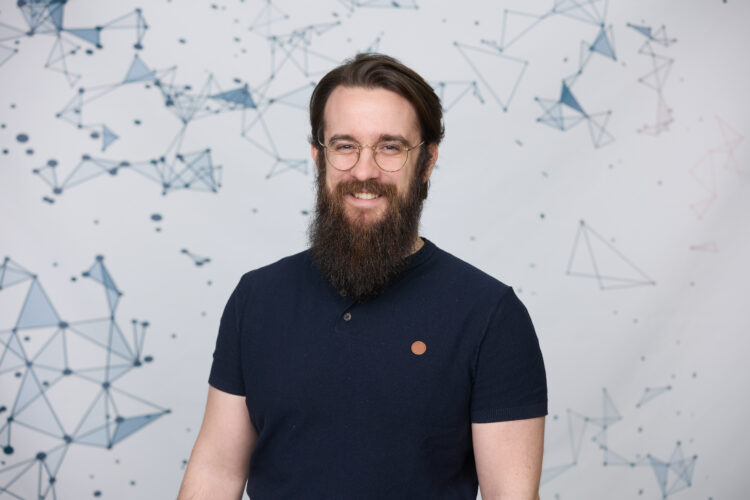IMDEA Networks

Reversing the Virtual Maze: An Overview of the Technical and Methodological Challenges for Metaverse App Analysis

Alfonso Rodríguez Barredo de Valenzuela, PhD Student at IMDEA Networks Institute, Madrid, Spain
In-house Presentation
The Metaverse is a virtual world that is becoming increasingly popular. Recent technological advances, such as head-mounted displays and novel sensors, have allowed for the harmonious integration of the virtual world into our reality. This integration is transforming how we interact with our environment and with each other and offers endless entertainment, social, and business opportunities. Since the technology is in its early stages and far from market consolidation, there has been a notable proliferation of new platforms and devices resulting in a highly heterogeneous ecosystem.
Much like with Smartphones, popular platforms allow for the installation of third-party applications, accessible through online marketplaces. However, the Metaverse aims to enable seamless coordination between virtual environments. As a result, developers face the pressure of being present on a wide range of platforms and rely on cross-platform development frameworks that add yet another layer of complexity to the stack. This complexity, together with the fact that XR headsets are equipped with an arsenal of disrupting new sensors, has the potential to pose new risks to the security and privacy of their users. Although progress has been made in identifying risks in this ecosystem, there is still a significant gap in methodologies and techniques for studying actionable risks in popular headsets.
In this work, we present a vision — based on experience — for application analysis that considers various ecosystem components and highlights challenges to address emerging threats effectively.
About Alfonso Rodríguez
Alfonso Rodríguez is a Ph.D. student of Cybersecurity Group led by Dr. Guillermo Suárez-Tangil. Previously, he studied the existence of illegal hidden services in the DarkNet Tor. However, his current main research line is about comprehending the security and privacy threats of the Metaverse ecosystem. He is presenting his first paper about such a topic, exposing the most critical aspects of the Metaverse ecosystem and pinpointing out the challenges to be addressed due to the lack of adequate methodologies for analyzing XR applications at scale.
This event will be conducted in English

